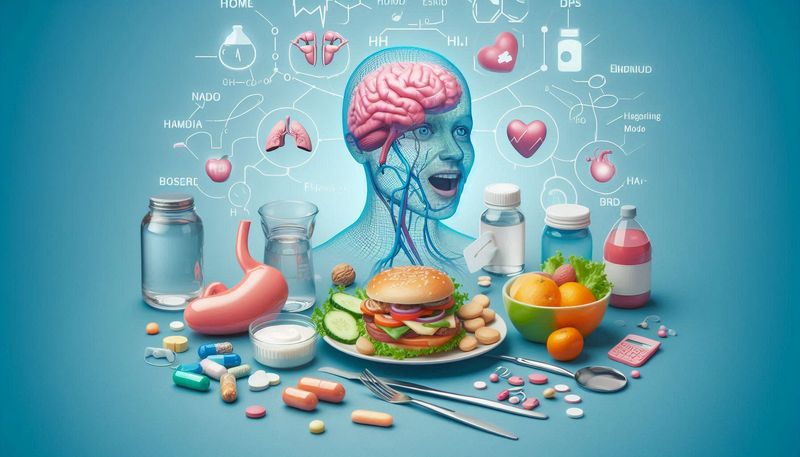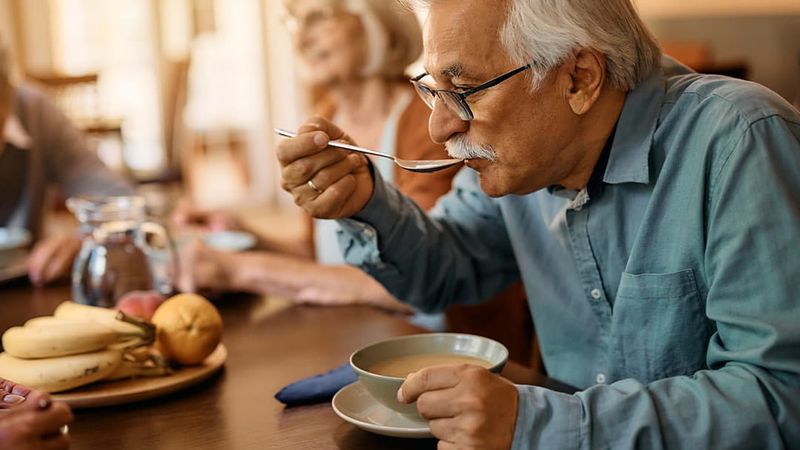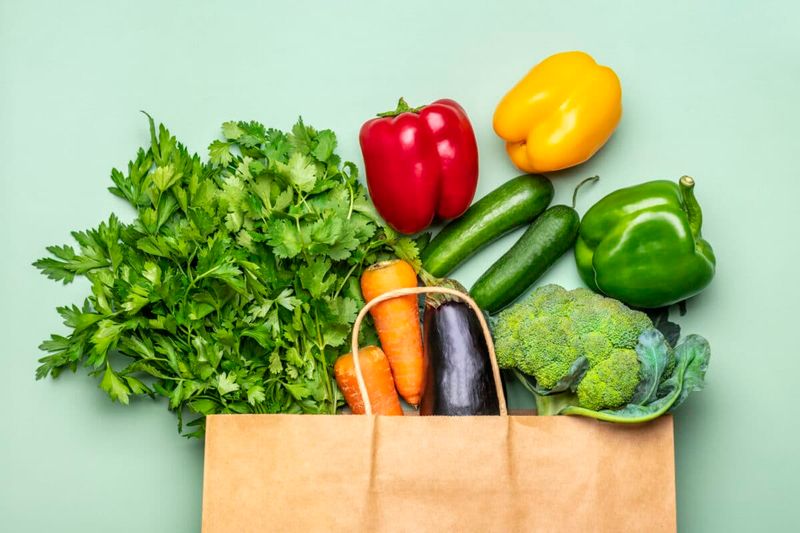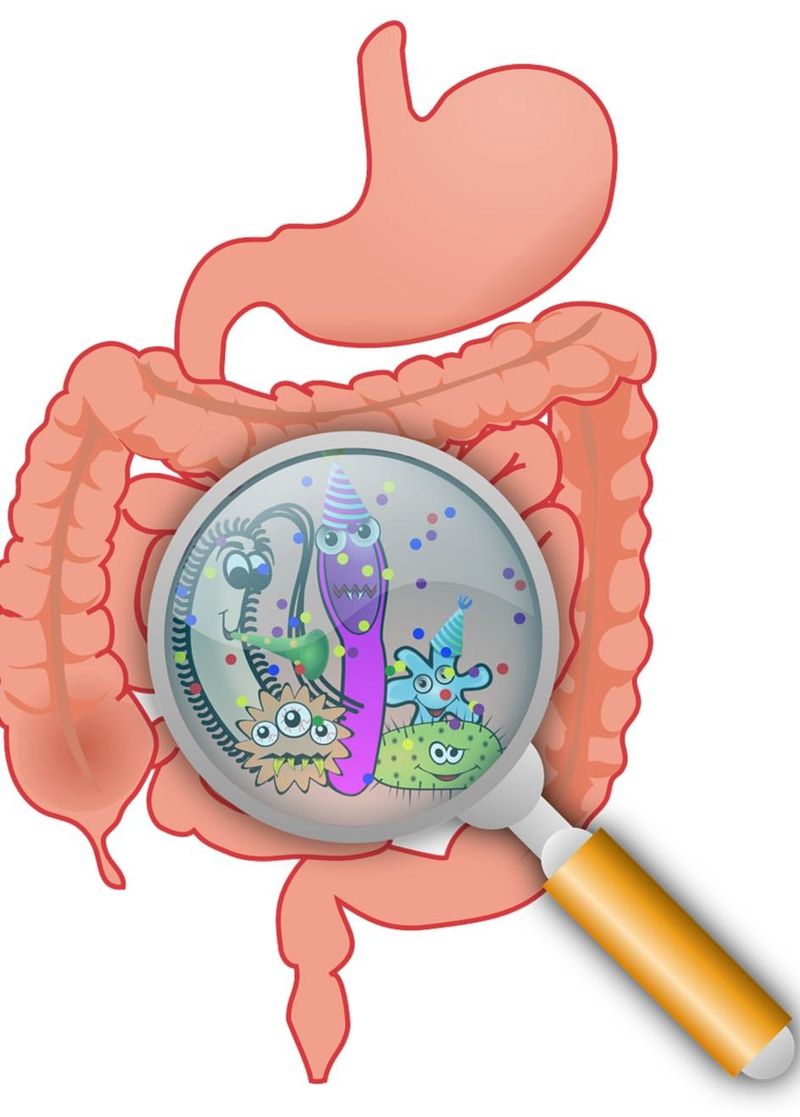Ever notice how teenagers can devour an entire pizza while grandparents nibble on tiny portions? Food needs change dramatically across our lifespan.
Growing bodies demand different fuel than aging ones.
Understanding these differences helps families plan meals that work for everyone at the table.
1. Growth Spurts Demand Fuel

Teen bodies grow at lightning speed. Boys can shoot up 4 inches in a year! This rapid growth burns massive calories.
Muscles, bones, and organs all expand, requiring extra energy. Teens aren’t being greedy – their bodies literally demand more food.
2. Slowing Metabolism Changes Appetite

Around age 40, metabolism begins its gradual decline. By 60, many people burn 400 fewer calories daily than in their youth.
Older bodies simply require less energy to maintain themselves. Continuing to eat like a teenager would lead to weight gain, so seniors naturally adjust by eating smaller portions.
3. Hormone Havoc Affects Hunger

Puberty unleashes a flood of hormones that directly impact appetite. Ghrelin (the hunger hormone) often increases during adolescence.
Meanwhile, leptin (which signals fullness) sometimes functions less effectively. This hormonal perfect storm creates teenagers who feel genuinely hungry almost all the time.
4. Taste Buds Fade With Age

We’re born with around 10,000 taste buds. After 60, that number drops significantly. Medications common in older adults further dull taste perception.
When food tastes less exciting, eating becomes less pleasurable. Many seniors find themselves picking at meals they once enjoyed because flavors seem flat and uninteresting.
5. Activity Level Differences

Most teens live active lives. Between sports, walking around school, and general fidgeting, they burn tons of calories.
Older adults typically move less throughout the day. Lower activity naturally reduces hunger signals. The body efficiently requests only what it needs to maintain energy balance.
6. Digestive System Changes

Aging stomachs produce less acid. Intestines move food through more slowly. These changes mean seniors feel fuller longer after eating.
Teens have robust digestive systems that process food quickly. Their stomachs empty faster, sending hunger signals sooner after meals. This explains the infamous “bottomless pit” teen appetite.
7. Social Eating Patterns

Teenagers often eat in groups where food becomes part of socializing. Pizza parties, cafeteria lunches, and snacking while hanging out all increase consumption.
Older adults, especially those living alone, miss these social eating cues. Eating alone tends to reduce portion sizes naturally as the social aspect of meals diminishes.
8. Brain Development Requires Energy

The teenage brain undergoes massive rewiring. These neural changes demand surprising amounts of glucose and calories.
Older brains, while still active, have completed major development. The energy needed to maintain rather than build neural connections is significantly less, reducing caloric needs.
9. Medication Side Effects

Many older adults take multiple medications. Common side effects include decreased appetite, dry mouth, and altered taste perception.
Teens rarely take daily medications that affect eating. Their pure, unaltered hunger signals work exactly as nature intended, driving them to consume what growing bodies need.
10. Emotional Eating Differences

Teenagers often use food to cope with intense emotions. Stress eating during exams or comfort foods after social disappointments become common patterns.
Older generations typically developed different emotional regulation strategies. Many seniors were raised with more restrained attitudes toward food, seeing it primarily as fuel rather than comfort.
11. Dental Health Impacts

Chewing becomes challenging for many seniors. Dentures, missing teeth, or sensitive gums make certain foods difficult to enjoy.
Teens with healthy teeth can crunch, tear and chew without discomfort. The simple mechanics of eating remain easy and painless, allowing greater variety and quantity in their diets.
12. Hydration Awareness Changes

Thirst signals weaken with age. Many seniors mistake mild dehydration for hunger, then eat when they should drink.
Once they do drink, water fills the stomach, reducing actual food intake. Teenagers rarely experience this confusion – their bodies clearly signal both thirst and hunger separately.
13. Sleep Patterns Affect Appetite

Teenagers often suffer from chronic sleep deprivation. Lack of sleep increases ghrelin (hunger hormone) and decreases leptin (fullness hormone).
Many older adults experience disrupted sleep but actually require fewer total hours. Their bodies compensate differently for sleep changes, rarely triggering increased appetite as a response.
14. Food Access And Preparation

Teens often have constant access to convenient foods. School cafeterias, vending machines, and fast food restaurants surround them.
Seniors may face transportation challenges limiting grocery trips. Cooking for one often seems pointless. These practical barriers naturally reduce food intake even when appetite exists.
15. Future Planning Perspective

Teenagers rarely connect current eating habits with future health. Their bodies seem invincible, making immediate satisfaction the priority.
Older adults have witnessed health consequences of diet choices. Many intentionally eat less and choose healthier options after seeing friends struggle with diet-related illnesses.

